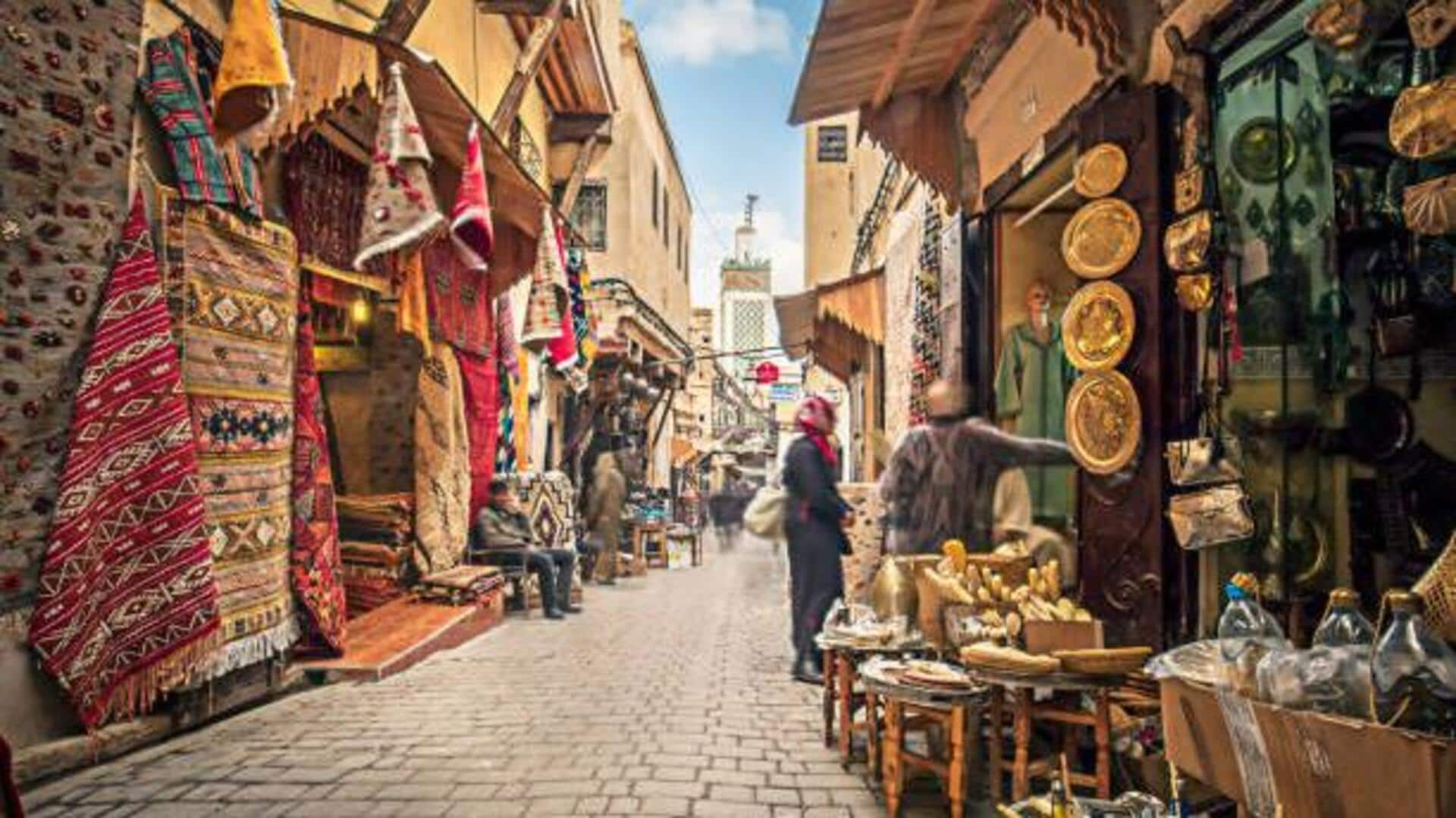
How to shop ethically at African markets
What's the story
African markets are famous for their vibrant culture and unique products. However, shopping ethically at these markets requires a keen understanding of fair trade practices. This guide provides essential tips to navigate these bustling spaces while ensuring that your purchases support local artisans and communities. By following these guidelines, you can make informed decisions that benefit both the economy and the environment.
Tip 1
Understand fair trade principles
Fair trade principles focus on equitable trading conditions and sustainable practices. When you shop at African markets, look for vendors who follow these principles by paying fair wages to artisans and ensuring safe working conditions. Knowing what fair trade means helps you support businesses that prioritize social responsibility and community development.
Tip 2
Engage with local artisans
Interacting with local artisans gives you an insight into their craft and the challenges they face. Ask questions about their work processes, materials used, and how they are priced. This engagement not only enriches your shopping experience but also helps you appreciate the value of handmade products. It also encourages artisans by showing genuine interest in their craft.
Tip 3
Prioritize sustainable products
Sustainability is key when shopping ethically in African markets. Look for products made from renewable resources or recycled materials. Avoid single-use plastics or items that contribute to environmental degradation. By choosing sustainable products, you contribute to preserving natural resources while supporting eco-friendly practices among vendors.
Tip 4
Compare prices mindfully
While bargaining is a common practice in many African markets, it's important to do so mindfully without undermining the value of artisanal work. Compare prices across different stalls, but keep in mind quality over quantity when it comes to pricing negotiations. A fair price ensures artisans can continue producing high-quality goods while sustaining their livelihoods.
Tip 5
Support community initiatives
Many vendors in African markets are part of community initiatives aimed at improving local living standards through education or healthcare programs funded by sales proceeds from their crafts or goods sold there. Supporting such initiatives not only helps empower communities but also promotes long-term positive change within those regions where these projects exist already today!